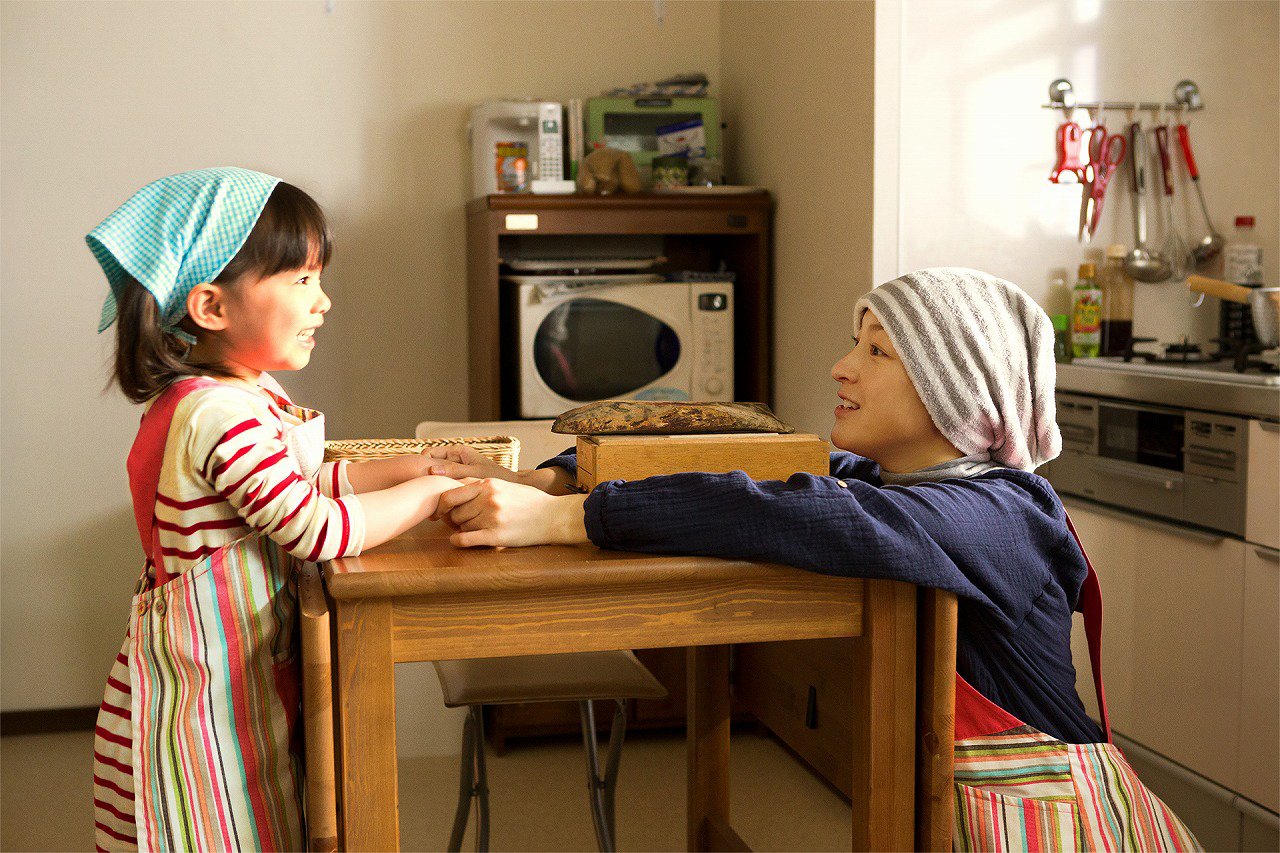At the risk of sounding unpatriotic, Yasujiro Ozu's "Tokyo Story" remains on my list of least favorite movies. I'm in good company — every woman I know dislikes it, and the passing of the film's star, Setsuko Hara (at 95 years old), in September was observed by the media with understated obituaries. But then Hara — known as Japan's "eternal virgin" because she never married — shunned the spotlight during the latter half of her career and disappeared altogether at the age of 43, when she deemed herself too old for the screen.
Hara played daughters, wives and widows (in that order) and generally epitomized the ideal of Japanese womanhood, which involves mainly toiling in the house, caring for the family and having no fun whatsoever. This especially came to the fore in "Tokyo Story" when Hara played the hard-working, uncomplaining young war widow Noriko.
Outside Japan, "Tokyo Story" has been lauded, mainly by generations of Western male critics. But inside the confines of the archipelago, Japanese women were united in a collective "give me a break." Thankfully, the women of this country have moved on and so have Japanese movies — though they still lag several meters behind.



